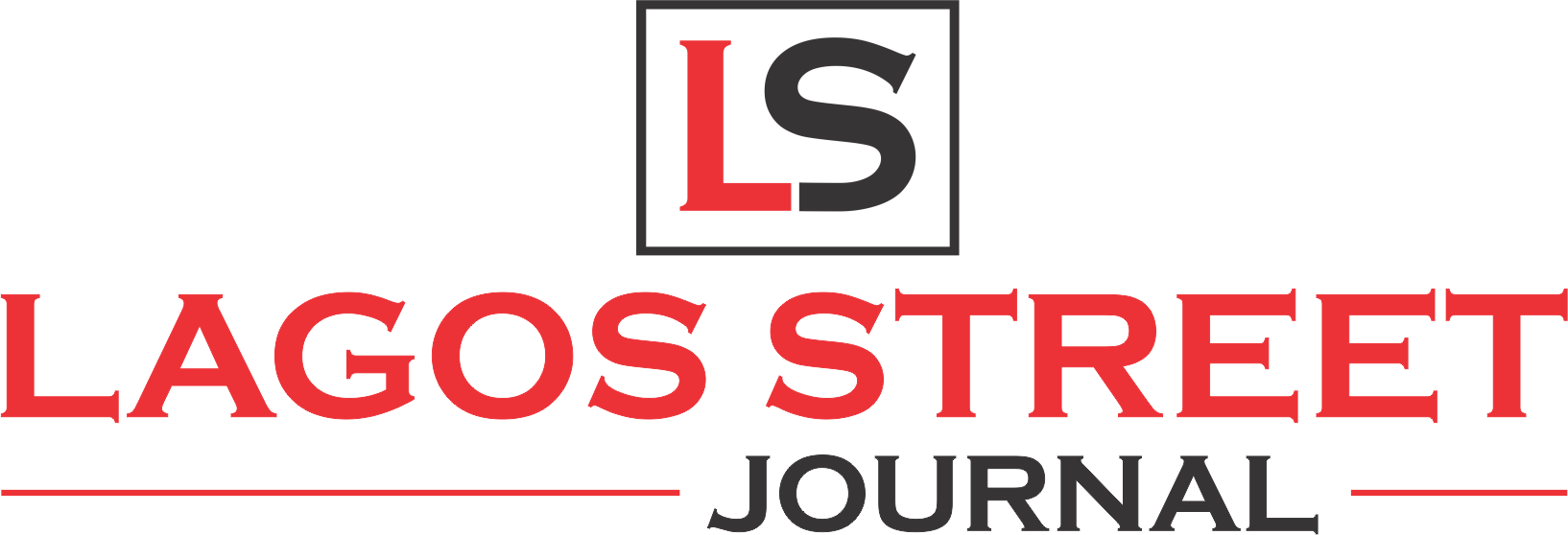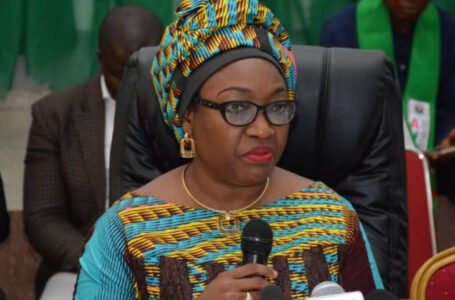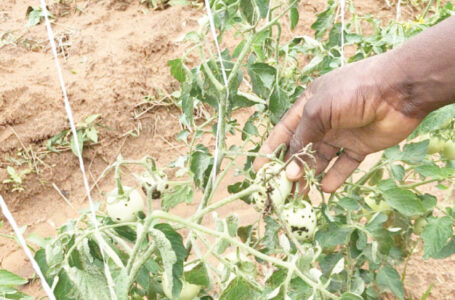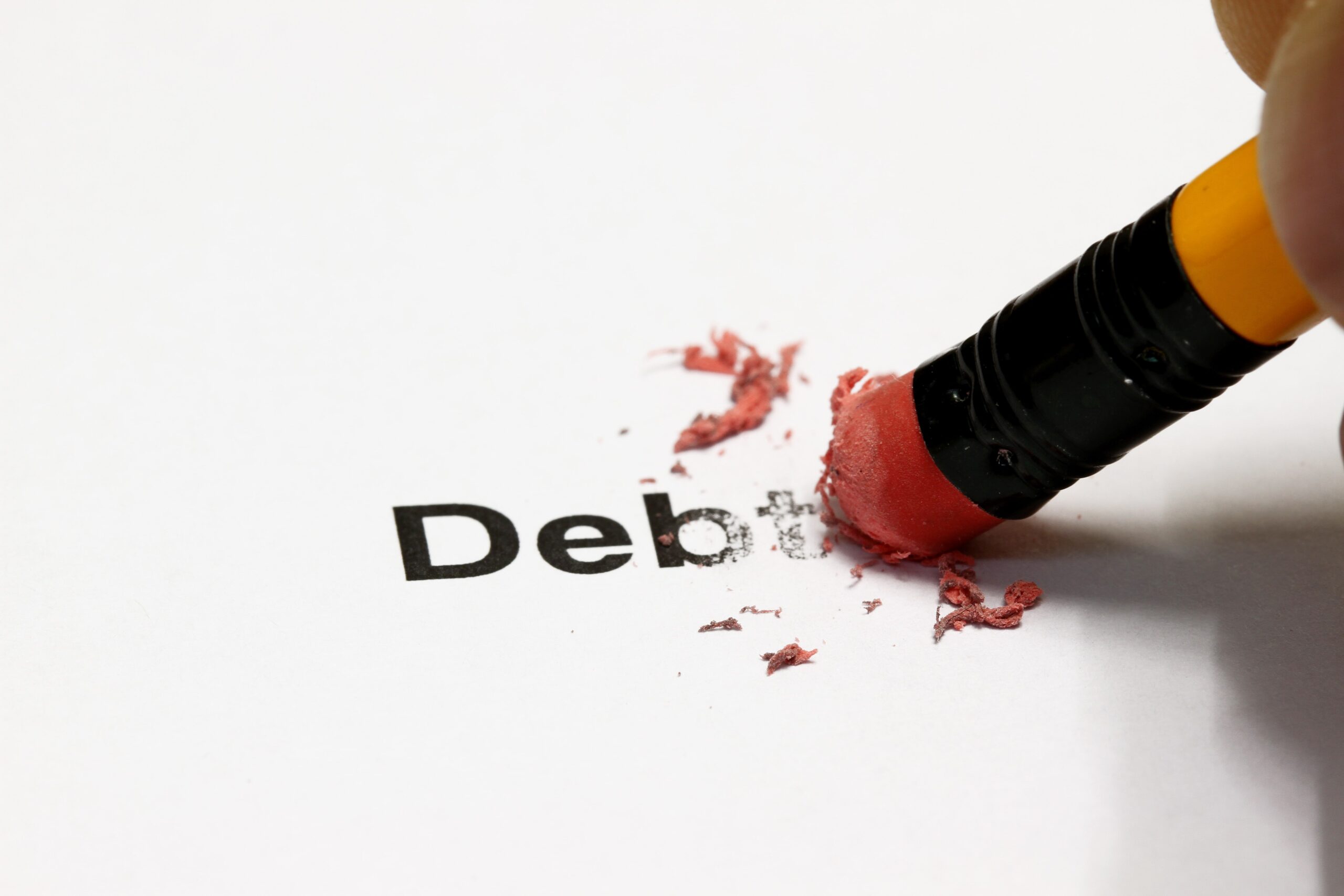Witness narrates how Ex-HoS, allies diverted public funds to private companies in court
Further devaluation will worsen poverty, unemployment, expert counters Osinbajo
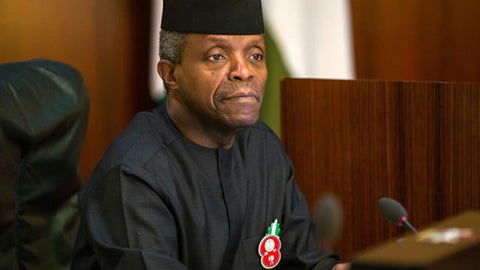

By Joseph Ayinde
The president of the Association of Capital market Academics and Nigeria’s first professor of the capital market, Uche Uwaleke has said the Naira has suffered several devaluations in the recent past, and doing so yet again is a recipe for high poverty and unemployment levels.
Uwalake was responding to the comment of Vice-President Yemi Osinbajo who called on the Central Bank of Nigeria to allow the Naira reflects the realities of the market.
Speaking at the midterm retreat of President Muhammadu Buhari’s second tenure, the vice-president said the exchange rate is artificially low, and this is deterring investors from bringing foreign exchange into the country.
The Naira currency is changing for N411/$ at the official window but N565/$ at the parallel market.
Osinbajo said: “As for the exchange rate, I think we need to move our rates to [be] as reflective of the market as possible. This, in my own respective view, is the only way to improve supply,”
“We can’t get new dollars into the system, where the exchange rate is artificially low. And everyone knows by how many our reserves can grow. I’m convinced that the demand management strategy currently being adopted by the CBN needs a rethink, and that is just my view.
“Anyway, all those are issues that when the CBN governor has time to address, he will be able to address in full.”
Implications for Naira scary-Expert
Nigerian Professor of Capital Market, Uche Uwalake in a swift reaction to the comment of the Vice president said: “The first casualty will be the 2022 Appropriation Bill. It means the 2022 budget, which is predicated on N410.15 per dollar is dead on arrival.
“The Vice President obviously means well. But this statement is capable of triggering panic buying and speculation in the forex market (official and parallel) and further complicating things for the CBN. “
He said, No doubt, devaluation will force down the volume of imports and reduce the pressure in the forex market temporarily. “But have we thought of the impact it would have on the pump price of fuel and the multiplier effects? How about the knock-on with regard to inflation and interest rates especially at a time when the inflation rate remains elevated? Is high inflation rate not inimical to investments whether local or foreign?”
He further explained that the argument that naira devaluation will incentivize foreign investors remains to be seen as other factors such as insecurity equally play a part.
He said: “To be sure, the Naira has suffered several devaluations in the recent past. It has neither solved the fundamental problem of helping to diversify the export base nor curbed unbridled imports. Doing so yet again will not change anything. Rather, it’s a recipe for high poverty and unemployment levels.
“Again, suggesting that the CBN should discontinue its forex demand management strategy to the effect that certain items are excluded from accessing the official window has grave implications for exchange rate and the economy. If anything, it negates the import substitution drive of the present administration.
“The good news is that the CBN has sufficient external reserves to meet genuine demands for forex at the Investors and exporters window. This much we have been told. The CBN should continue to manage it while joining hands with the fiscal authorities to create multiple sources of forex beyond oil.”
An economist and lecturer at the Lagos Business School, Dr Bongo Adi, said, “The exchange rate is a secondary indicator, driven by other economic factors. Vice President Yemi Osinbajo, with all due respect, displayed a lack of understanding of the economy.
“We need to ask why the naira is overvalued. It is simply because we have not been able to improve our export profile.
“We have not been exporting much, the only thing we export is oil. Even the volume of oil production and oil export has gone down in recent times. Without an enormous export profile, you may not have currency appreciation.
“We can say our export profile is not that big, and we keep borrowing money from outside. If you keep borrowing, your exchange rate will depreciate.
“The government has taken borrowing as a way of life, and this has made the naira devalue. When they say the market should drive the exchange rate, why shouldn’t the market drive the economic production and infrastructure in Nigeria?
“There is another angle which is the consistent depreciation of African currencies, not just the naira. If you compare the African currencies from Naira to the Cedis of Ghana to all of our currencies in Anglophone West Africa and Sub-Saharan African, you will see currency depreciation that has been known since the 1980s. Countries in Africa do not have control over their exchange rate.
“If you look at how Africa supplies the rest of the world, you have to look at the international dimensions. Unfortunately, our leaders do not have the strategic intelligence to engage with the rest of the world.”
One of the aides to the Vice president who prefers anonymity in a text message to Daily Trust said: “Please kindly note, dear colleagues that the VP DID NOT call for Naira devaluation. He only called for an official rate reflective of market reality. The current dual exchange rates allows for arbitrage and blocks inflow/supply of dollars from investors.”
